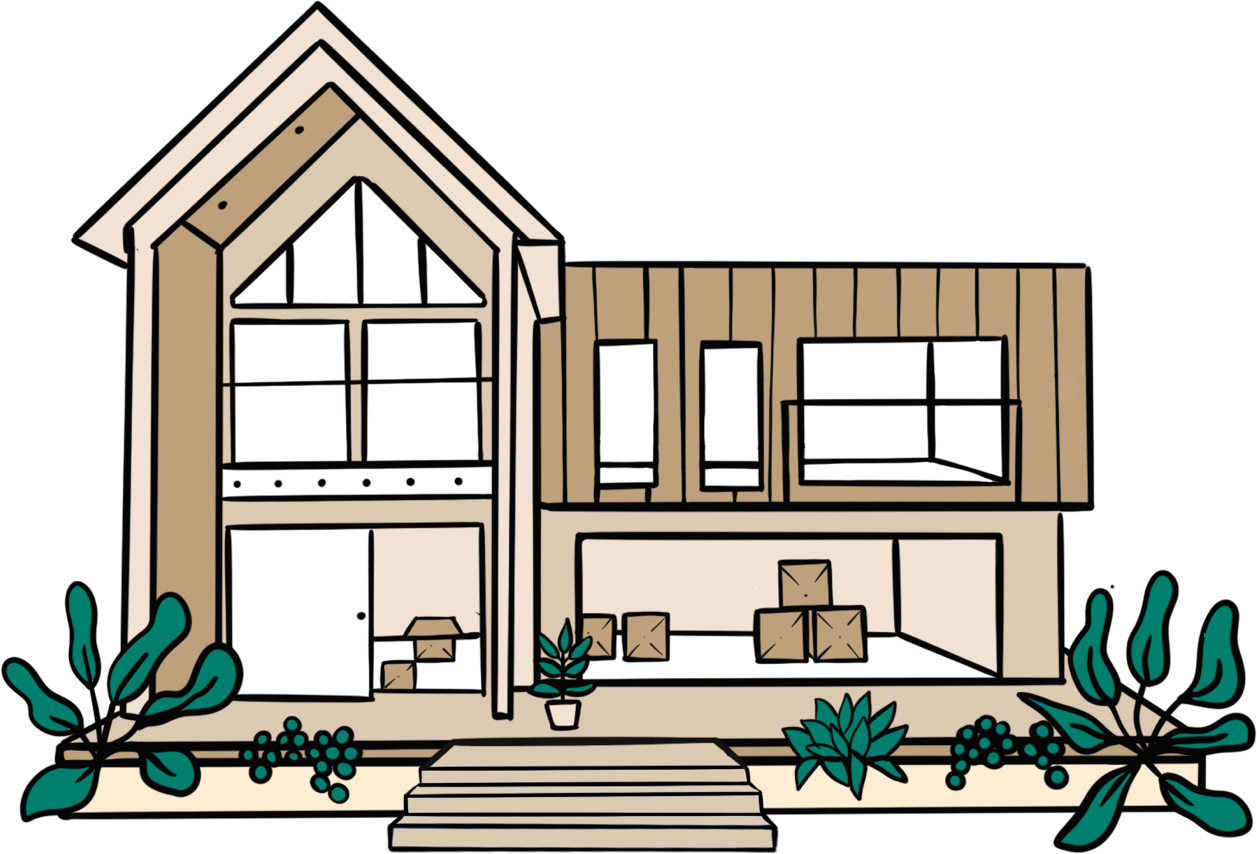Whilst share of freehold properties can offer greater control and flexibility, it does come with some downsides and important responsibilities. Here are some of the problems you could encounter as a share of freehold owner:
Arranging maintenance and building’s insurance
With shared ownership comes shared responsibilities for maintaining your property in top shape. This means that leaseholders will need to organise repairs and arrange building insurance. These tasks can take time and you can be held responsible for any issues that arise. As shared owners, tenants will be responsible for collectively covering the costs for these needs and how they will be shared.
Dealing with disputes between freeholders
With freehold ownership comes a responsibility for working together. Yes, you and your fellow owners gain more control through joint decision-making. But that doesn’t mean anyone gets unchecked authority.
From varying leases to scheduling repairs, every choice requires consensus among the group. And where there are differing perspectives, there’s always potential for disputes and strained relations.
So, while that share of freehold ownership can be empowering, it also demands commitment to collaborating peacefully. Compromise becomes key when you’re all equal calling the shots.
Communication breakdowns
Communication is everything when you’re co-owners. A lack of clarity or chances to voice concerns can quickly breed misunderstanding and frustrations among the group.
Keeping everyone informed and creating open dialogue is crucial for harmonious freehold living. But when communication breaks down and disagreements occur, it’s important to have resources like mediation and legal advice to get comms back on track.
The key is committing to respectful discussion from the get-go. With healthy communication habits, even the toughest decisions can be resolved amongst friendly co-owners.
Financial tensions
Money talks can get tricky when you’re a co-owner. Rarely is everyone on the same financial board and keeping that communal piggy bank healthy for maintenance means navigating different perspectives.
Tensions could flare over sinking fund contributions if someone falls behind on payments, or if the apprehended money manager isn’t an open book about balances and expenses.
It’s a matter of maintaining transparency and understanding. With some mindful communication, even the thorniest financial issues can be resolved.


